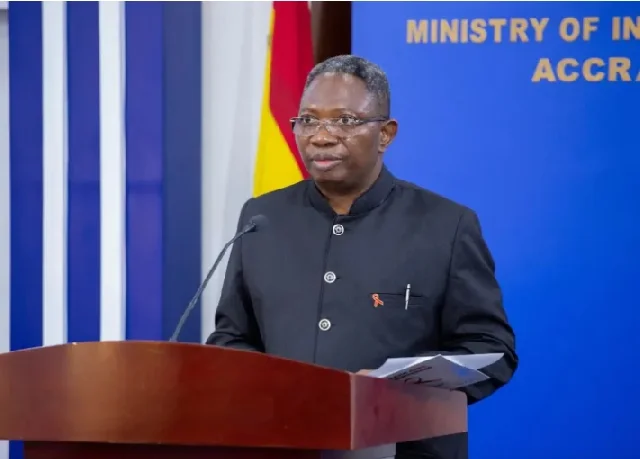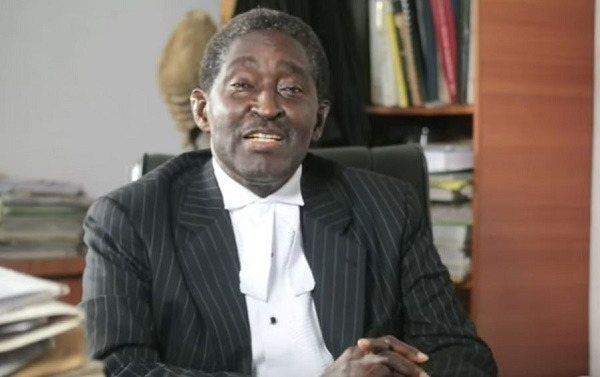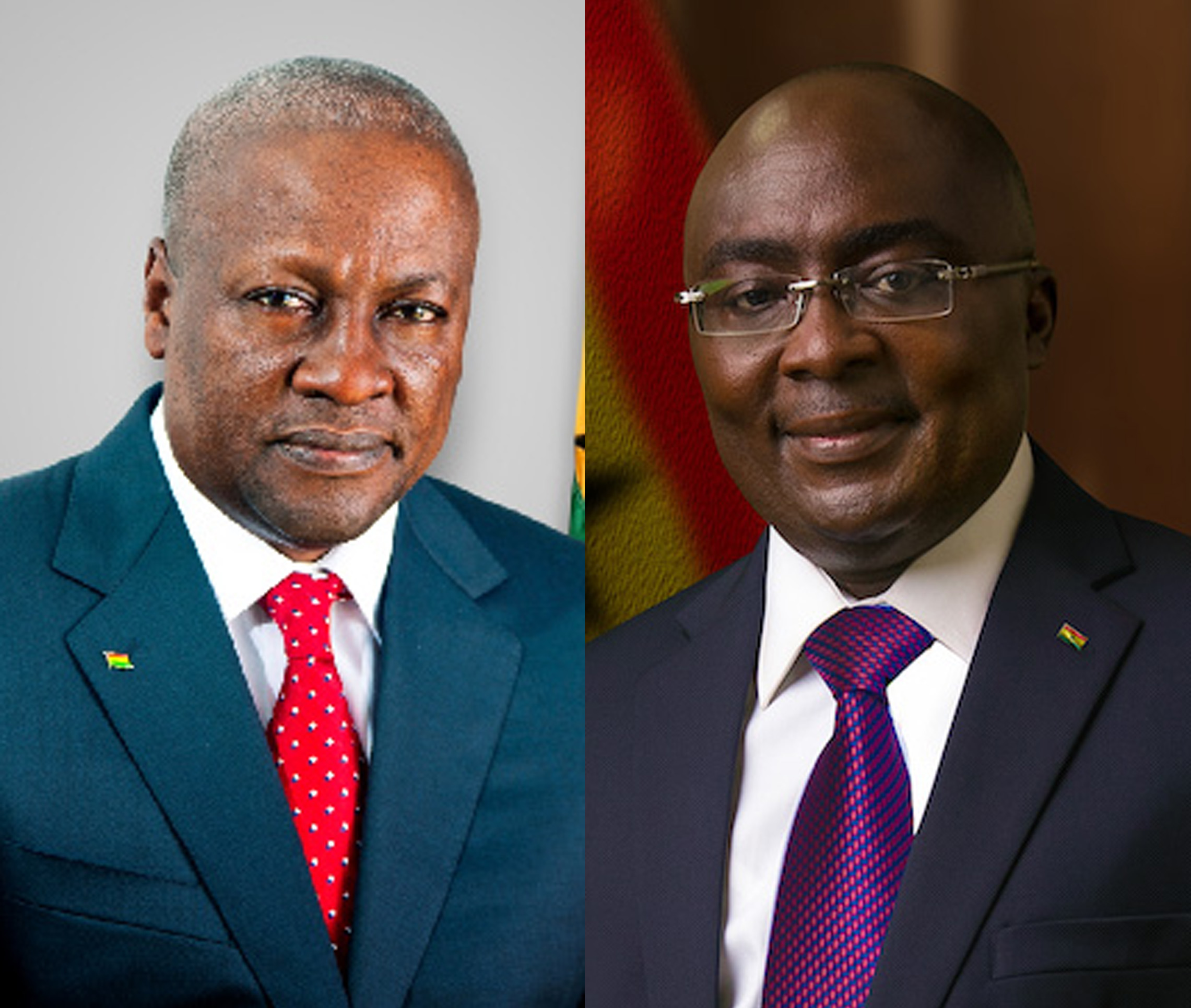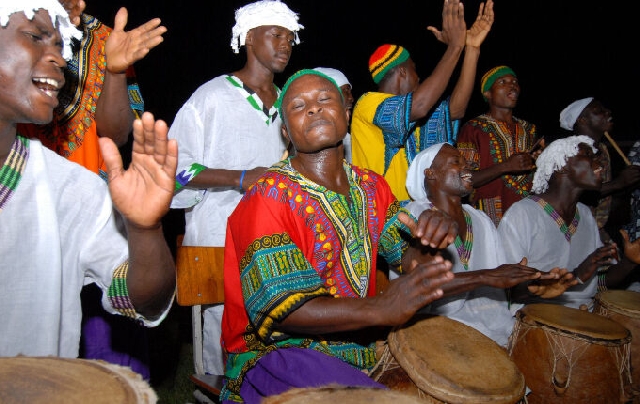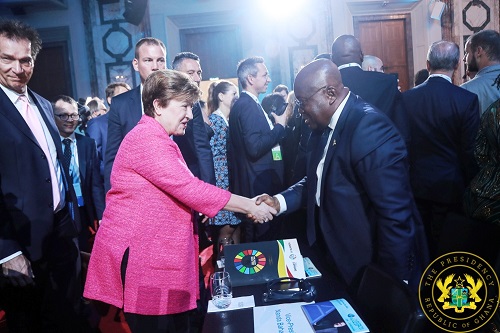GHANA REQUIRES $300M ANNUALLY TO ACHIEVE ITS HIV/AIDS ELIMINATION TARGET BY 2030 – AIDS Commission
The Director-General of the Ghana AIDS Commission, Dr. Kyeremeh Atuahene, has stated that Ghana requires $300 million annually to achieve its HIV/AIDS elimination target by 2030.
He emphasized that donor funding is unlikely to increase due to the government’s inadequate contribution to the program.
To change this, Dr. Atuahene highlighted the need for the government to significantly boost its contribution to the funding.
He stressed that without this increase, it would take over 50 years to achieve the set targets.
“The analysis clearly shows that from now until 2030, donor funding is unlikely to rise. This points to the need for the government to significantly increase its contribution to the program. We will require almost $300 million annually for the AIDS program to achieve its target. Otherwise, if the current situation persists, it will take us more than 50 years to reach those targets,” Dr. Atuahene stated in an engagement with the media on August 22, 2024.
Additionally, the UNAIDS Country Director, Hector Sucilla Perez, encouraged the government to mobilize domestic resources to fund the program.
“We need to reflect on the fact that Ghana still heavily depends on donor support. While we are happy to partner in changing this narrative, we appeal to all multisectoral partners to continue exploring innovative ways to mobilize sustainable domestic funding resources,” he suggested.
The Commission expended over $126 million in 2022, representing a 1% decrease of $127million in the previous year 2021.
Donor funds accounted for 43% of this figure with government providing the remaining $51million.
The Private sector also donated $20million.
Treatment, care, and support accounted for the largest share of the expenditure while development and research received the least of funds.
The National AIDS Spending Assessment (NASA), is a comprehensive and systematic resource tracking method that describes the financial flow, actual disbursement and expenditures for HIV/AIDS in Ghana.
As of 2023, Ghana has 334,095 people living with HIV/AIDS. The figure includes 17,550 children under the age of 15.
NKONKONSA.com

